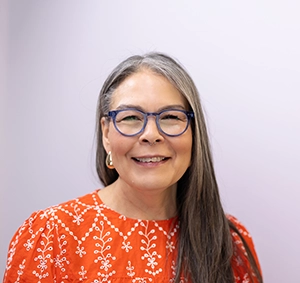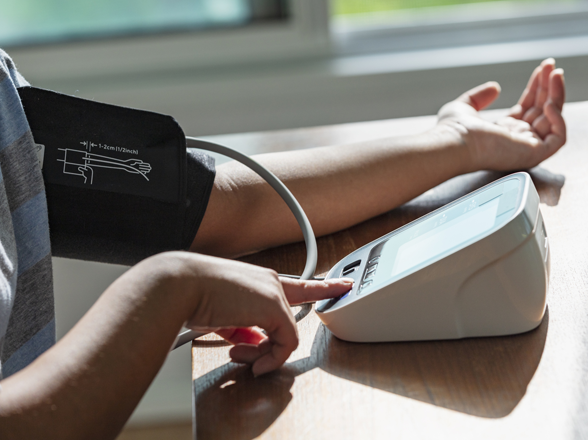Canada is home to over 1.8 million people who identify as Indigenous (First Nations, Inuit and/or Métis), which represents over 5% of the population.
Indigenous peoples are the original peoples and stewards of this land. They encompass a wide range of homelands and territories, languages and vibrant cultures. Many Indigenous communities across the country are in the process of revitalizing their traditional languages and cultural heritage, preserving and passing on knowledge to new generations.
Why do Indigenous women face unequal risks?
Several factors are known to affect heart and brain health for Indigenous women living in Canada. Some risks cannot be changed, like genetics and family history, while others can be changed through diet and lifestyle.
Indigenous women living in Canada often face challenges accessing health services, leading to unmet needs or delayed care. For example, Inuit women are over 40% less likely than non-Indigenous women in Canada to have a regular healthcare provider. While many Indigenous peoples live in cities, others live in rural and remote locations, including on reserves, where health services are often limited. Even in cities, finding culturally safe and sensitive care can be difficult.
The heart and brain health of First Nations, Inuit and Métis people are also affected by ongoing discrimination and anti-Indigenous racism, in the healthcare system and beyond. The Indian Residential School system is a stark example of damage that has been carried through generations. The Truth and Reconciliation Commission Report not only brought real, unjust experiences of Indigenous people to light, it also outlined 94 action steps to right the wrongs of the Indian Residential School system. The surviving children and youth who attended these schools, along with their families, still experience mental and physical health issues today.
Additional challenges like caregiving responsibilities and language barriers can also impact health experiences and outcomes. However, higher levels of education, income and strong social support networks may help lower the risk of developing heart disease and stroke in Indigenous peoples.
To better support the health of Indigenous women in Canada, we need to do a better job of collecting race and ethnicity information to understand their unique needs and risks. This proactive approach will help us identify areas of improvement and ensure that the support provided is culturally appropriate, paving a way for a healthier future with and for Indigenous women.
- Indigenous peoples living in Canada face a higher risk for — or are currently living with — heart disease and stroke, compared to the general population.
- The lifetime risk and prevalence of diabetes is higher in Indigenous peoples compared to the general population of Canada — particularly for women.
- First Nations peoples experiencing cardiac arrest outside of the hospital are younger than non-First Nations people.









